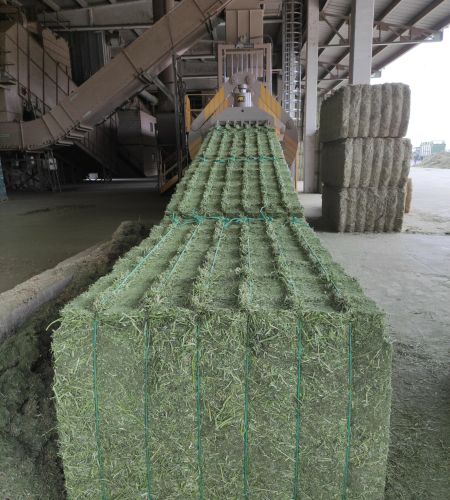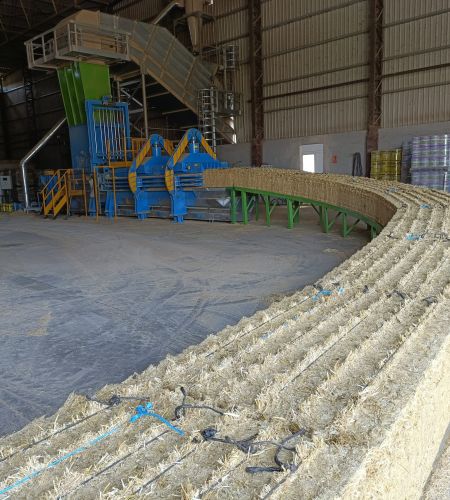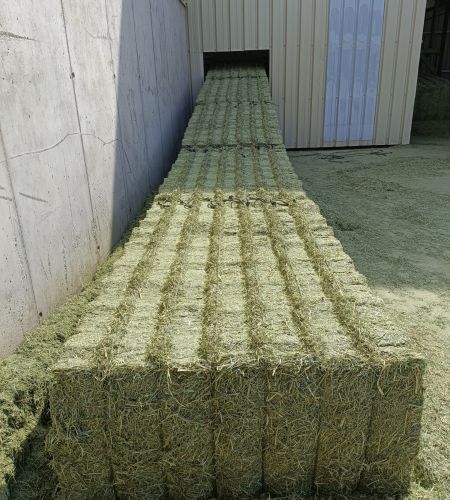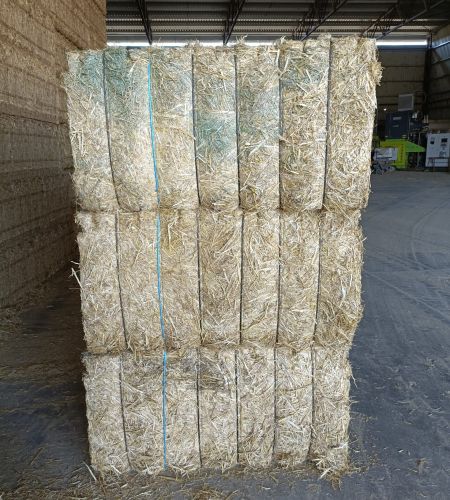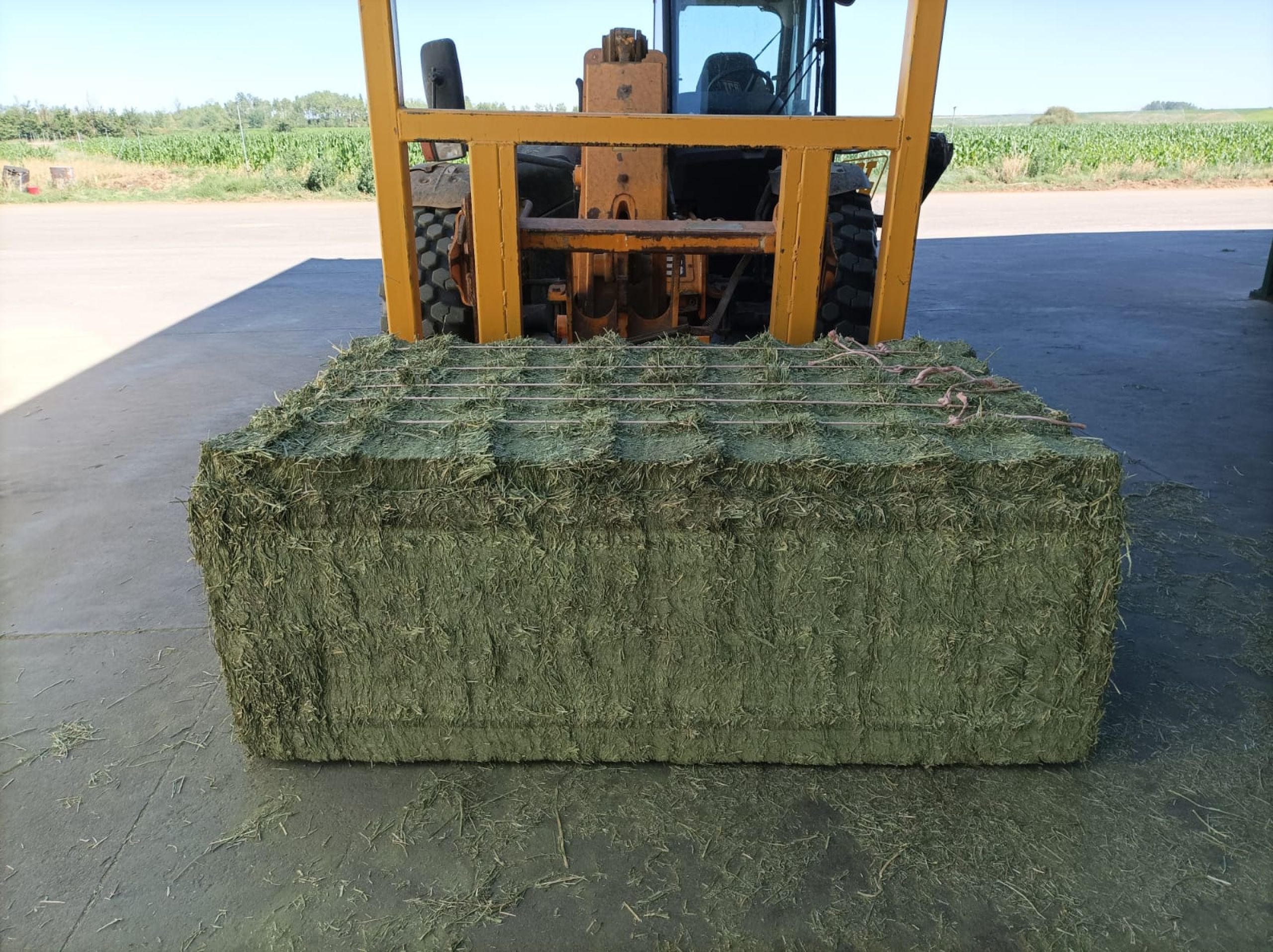

The use of polypropylene twine for tying forage bales offers multiple advantages over annealed wire, making it a safer, more durable, and cost-effective option. Polypropylene twine is easier to handle and has no sharp edges, reducing the risk of injury when handling the bales. Additionally, it better protects compacting and transport equipment, as its flexibility and lack of rigidity reduce wear and blockages in machinery, helping to lower maintenance costs.
Another important advantage is its weather resistance. Unlike wire, which can rust and deteriorate in humid environments, polypropylene maintains its strength in outdoor conditions, protecting the integrity of the bales for a longer time. While both materials are recyclable, polypropylene is easier to reuse, and some versions are made from recycled material, which reduces its environmental impact. Moreover, the rope is often more economical and can be easily cut, making access to the forage easier when needed.
For these reasons, polypropylene rope has become the preferred choice for tying bales in agriculture, offering a practical, efficient, and safe solution compared to annealed wire.
